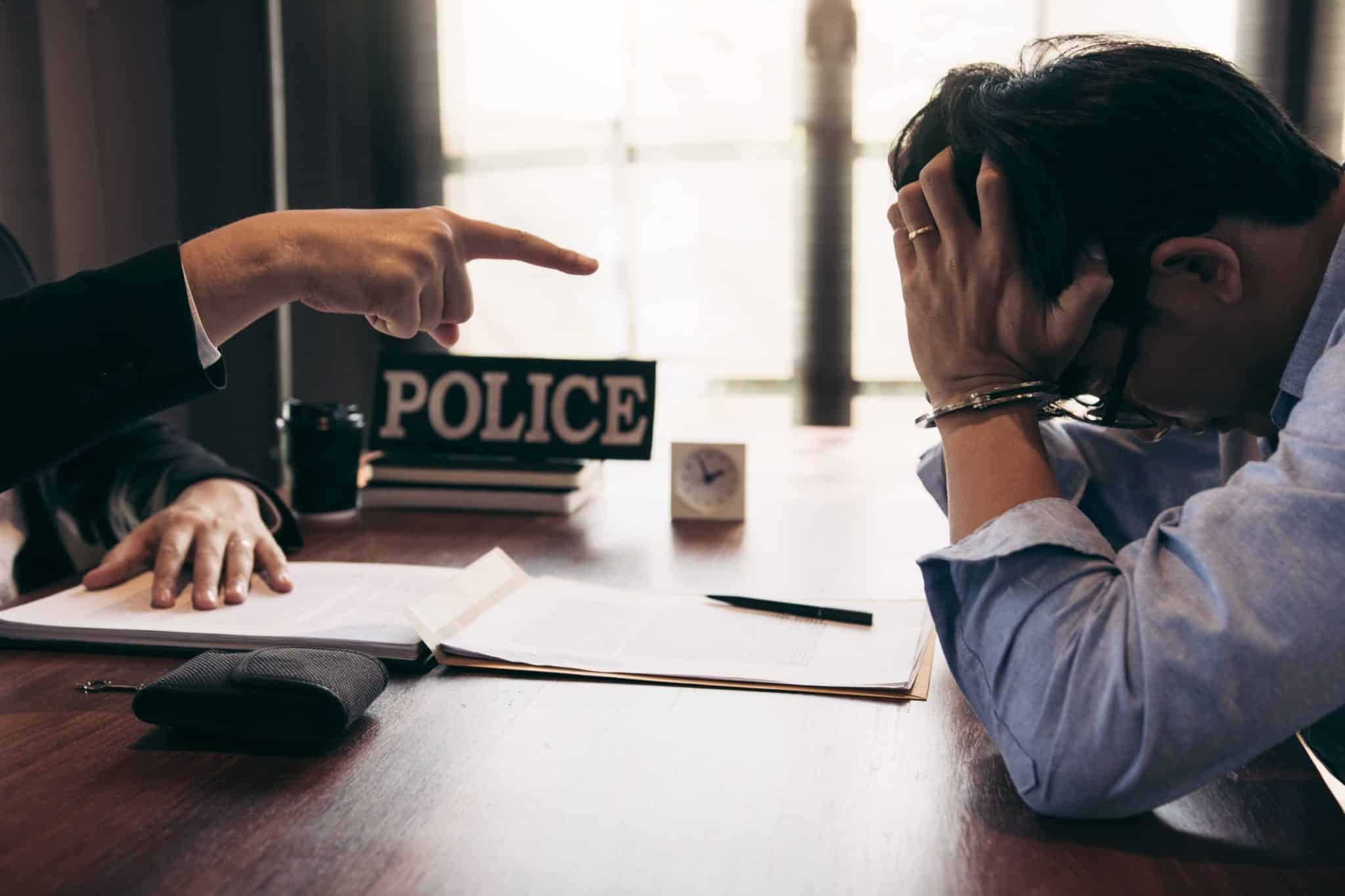What to Do If You've Been Accused of a Crime

Being accused of committing a crime, regardless of the circumstances, is an incredibly stressful and complex situation. Having an effective response plan is crucial to exercising your rights and seeking the best possible legal outcome.
This article covers key actions to take if you find yourself wrongly or rightly accused of a criminal offense.
Remain Silent and Avoid Self-Incrimination
If questioned or arrested by law enforcement, politely decline to answer questions or provide any statements until you have legal counsel present. Be cooperative, but clearly invoke your right to remain silent. Anything you say can be used against you, so silence protects against self-incrimination.
Hire a Criminal Defense Attorney Immediately
Your most important move is retaining an experienced criminal defense lawyer as soon as possible after being accused. A dedicated legal advocate safeguards your rights, negotiates with prosecutors, and fights for the best case resolution. Trusted legal guidance is essential.
Follow Your Attorney's Lead and Instructions
Once you have competent representation, follow their lead closely when it comes to interacting with law enforcement, making public statements, providing testimony, or taking any legal actions. Let your lawyer handle communications and strategy. Cooperate fully with your counsel.
Review the Exact Charges Against You
Fully understand the specific criminal charges you are facing, including the exact statutes and degrees. Charges could range from misdemeanors to serious felonies depending on circumstances. Carefully examining the accusations informs legal response.
Research the Prosecution's Burden of Proof
Familiarize yourself with the prosecution's burden of proof and any sentencing guidelines. For example, for a felony, they must establish guilt "beyond a reasonable doubt", a very high threshold. This provides possible defenses.
Preserve Any Evidence in Your Defense
Save and organize any physical evidence, documents, electronic records, communications, or other items that may have a bearing on your case. Evidence like receipts, texts, and surveillance video could help dispute charges and prove innocence.
Seek Release on Bail or Recognizance
Depending on the charges, you may be arrested and detained or released pending trial. Your lawyer can petition for release arguing you are not a flight risk. Strict bail conditions may apply. Jail release protects rights and lets you assist in your defense.
Testify Honestly If You Decide to Take the Stand
In consultation with counsel, you may decide to testify on your own behalf to share your full account. Always testify honestly and avoid speculation. Understand that you can be cross-examined on the record by prosecutors.
Explore All Options for Settling Your Case
From plea bargains to deferred adjudication programs, various options exist for resolving a criminal case without trial. Your attorney will advise if settling is strategically wise versus contesting the charges at trial.
Seek the Best Possible Result under the Circumstances
Even if the facts suggest guilt, your goal is still fighting for the lightest charges, penalties, and sentencing allowed under the law. With an adept lawyer fighting for your rights, far better outcomes are possible.
Facing criminal accusations is daunting. But by urgently retaining experienced legal counsel and following their guidance, you equip yourself to navigate the complex justice system and attain the best resolution available.

